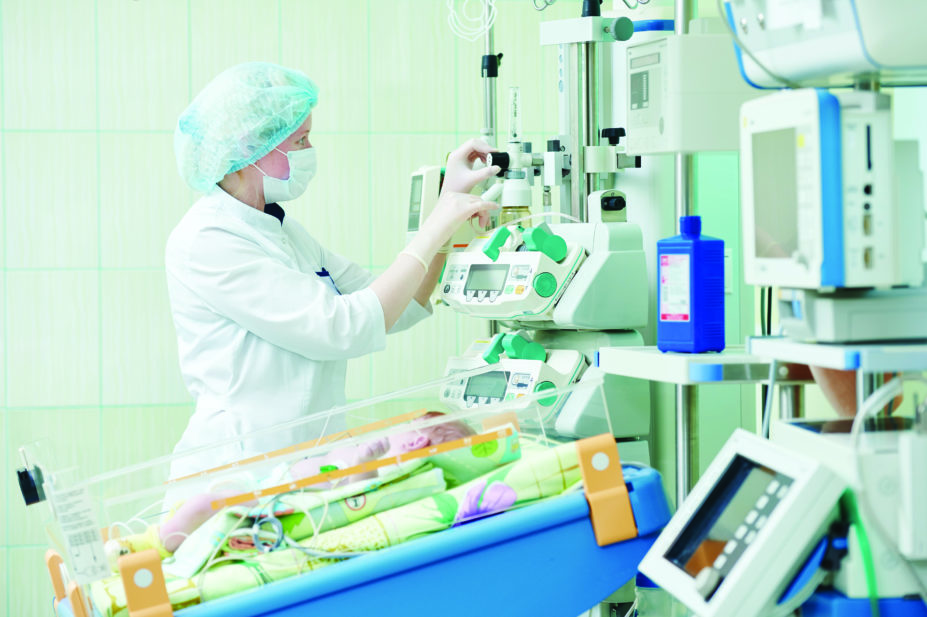
Shutterstock.com
Antibiotics are some of the most prescribed medications in neonatal intensive care units (NICU), but there is limited evidence on the implementation of antimicrobial stewardship programmes on these wards.
In a recent study, a team collected data on antibiotic use on a 54-bed, level IV NICU for four years after the introduction of an antimicrobial stewardship programme.
They found there was a significant reduction in use of the most commonly prescribed antibiotic, ampicillin, by 22.5 days of antibiotic therapy per 1000 patients days (P=0.037), although the reduction in overall antibiotic use was not significant. There was also a significant reduction in the rate of cultures and subsequent antimicrobial prescriptions ordered by neonatologists for suspected late-onset sepsis.
Reporting in Infection Control and Hospital Epidemiology (online, 26 July 2017), the researchers say the results show an NICU-specific antimicrobial stewardship programme is feasible and could improve antibiotic-prescribing practices[1]
.
References
[1] Nzegwu N, Rychalsky M, Nallu L et al. Implementation of an antimicrobial stewardship program in a neonatal intensive care unit. Infect Ctrl Hosp Epidemiol 2017. doi: 10.1017/ice.2017.151


